Our fantastic Women in Widescreen celebration will showcase female-powered narratives and themes, strong women protagonists (and antagonists!), and women behind the camera—from editors and writers to VFX artists.
We’re also excited to welcome a fantastic variety of speakers to accompany these films, providing further insight into exactly why they’re so important.
Keep an eye out for the Women in Widescreen stamp throughout our festival programme!

Below are some highlights of the programme, plus some thoughts on why these films are true representations of ‘Women in Widescreen’.
The Haunting (1963)
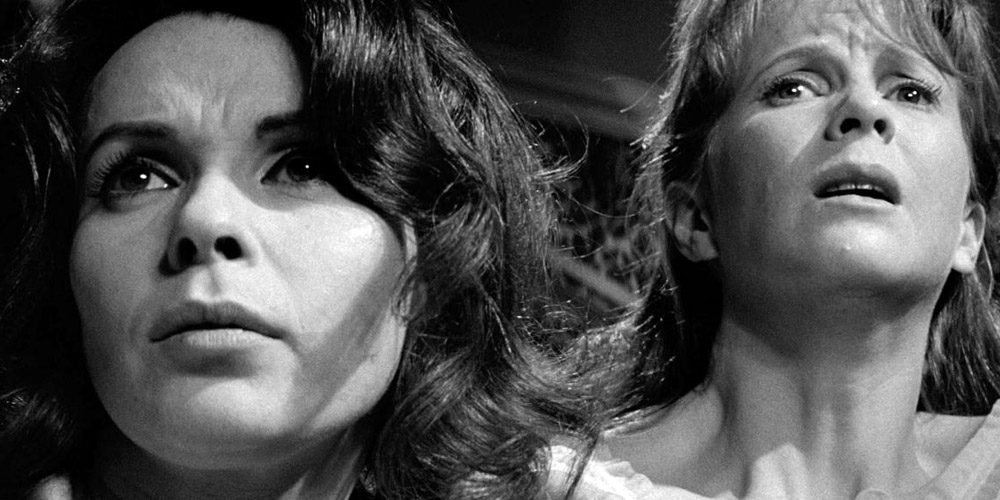
There are hints of romantic feelings between protagonists Theodora (Claire Bloom) and Eleanor (Julie Harris), meaning The Haunting marks one of the earliest appearances of a queer character in cinematic horror. However, this being the early 1960s, references to Theodora’s sexual orientation were all very coded and subtle.
Netflix’s successful 2018 adaptation, The Haunting of Hill House, was able to take a more direct approach: this version of the story portrayed Theodora as lesbian and showed her engaging in romantic relationships with women.

Black Panther (2018)

Black Panther is a home run when it comes to female representation. Not only are the women strong and multi-dimensional, but most of them hold historically male-dominated positions. General Okoye and princess/innovator Shuri are shining examples of female power and agency.
This is the case behind the camera, too. Cinematographer Rachel Morrison was praised for her unique style which sets this film apart from other films in the Marvel Cinematic Universe. And who can forget those amazing costumes by designer Ruth E. Carter, who won an Academy Award for her work.

Pulp Fiction (1994)
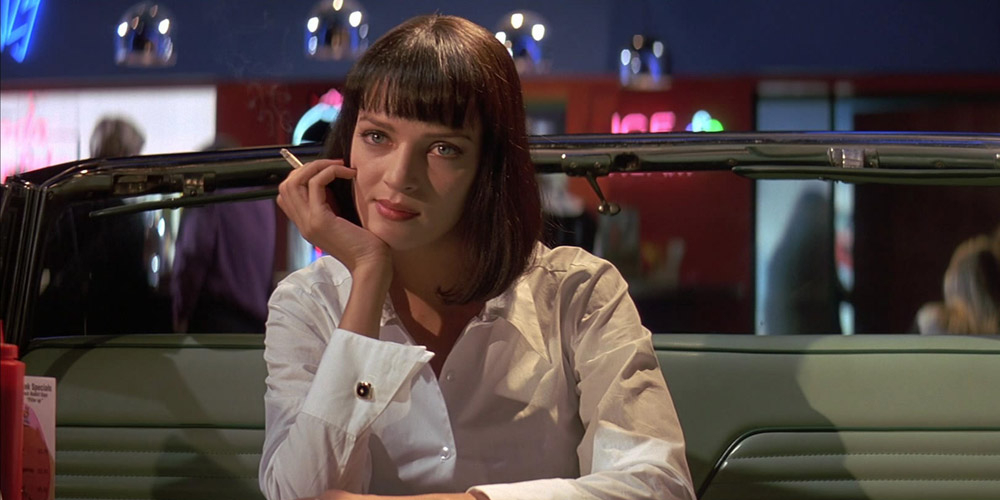
Sally Menke had a long-standing collaboration with director Quentin Tarantino, editing all his films up to her death in 2010. First working with Tarantino on Reservoir Dogs, she then went onto edit Pulp Fiction, earning an Oscar and BAFTA nomination. Menke is credited as being a key component in developing Tarantino’s signature style. And speaking of signature style, Pulp Fiction’s iconic costumes were down to the talented Betsy Heimann.

West Side Story (1961) & Carmen Jones (1954)
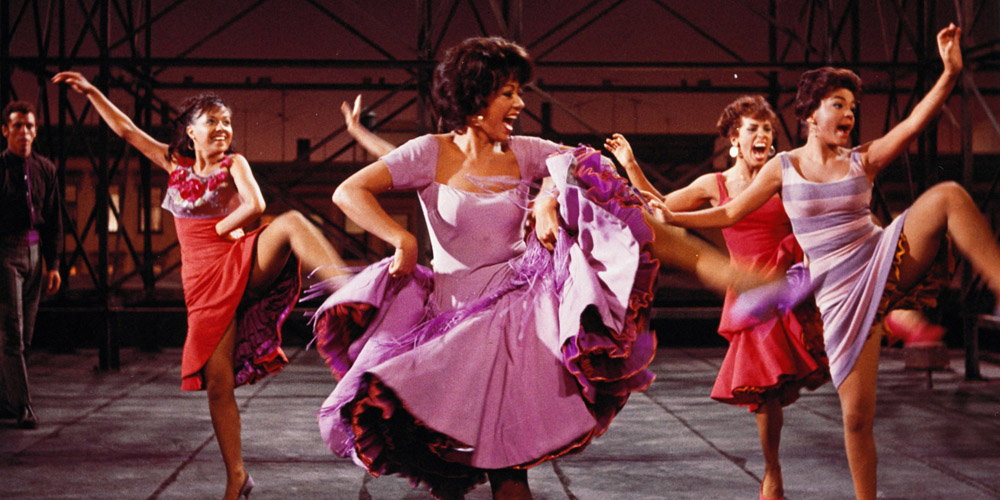
Both films were historic in recognising Hispanic and African American actresses at the Academy Awards for the first time. Rita Moreno (Anita in West Side Story) became the first Hispanic actress to win an Oscar for Best Supporting Actress, with Dorothy Dandridge (who played the title character in Carmen Jones) being the first African American to be nominated for Best Actress.

The Sound of Music (1965)
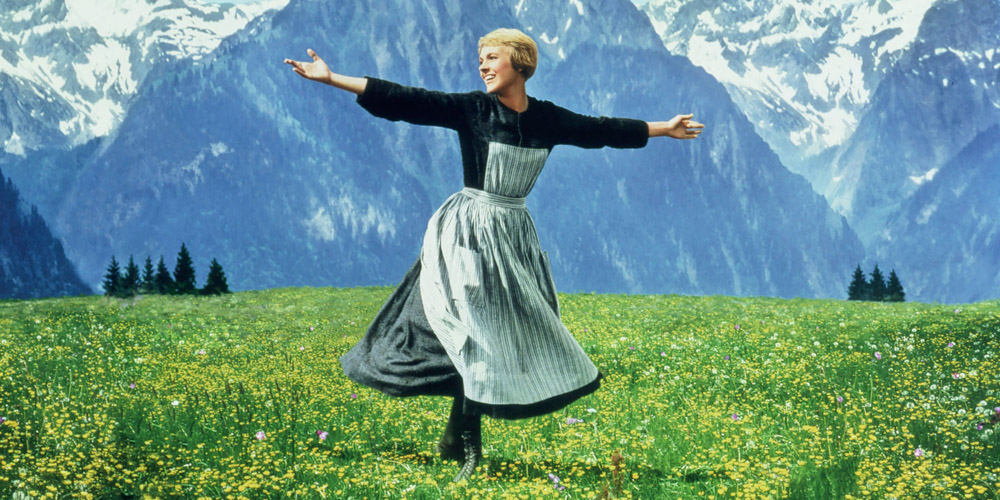
You can’t think of The Sound of Music without thinking of the iconic character of Maria. Maria is arguably a feminist character—especially for a film set in the 1930s. She is outspoken, independent, and not afraid to stand up for herself, but more importantly she exerts free will.

Forrest Gump (1994)
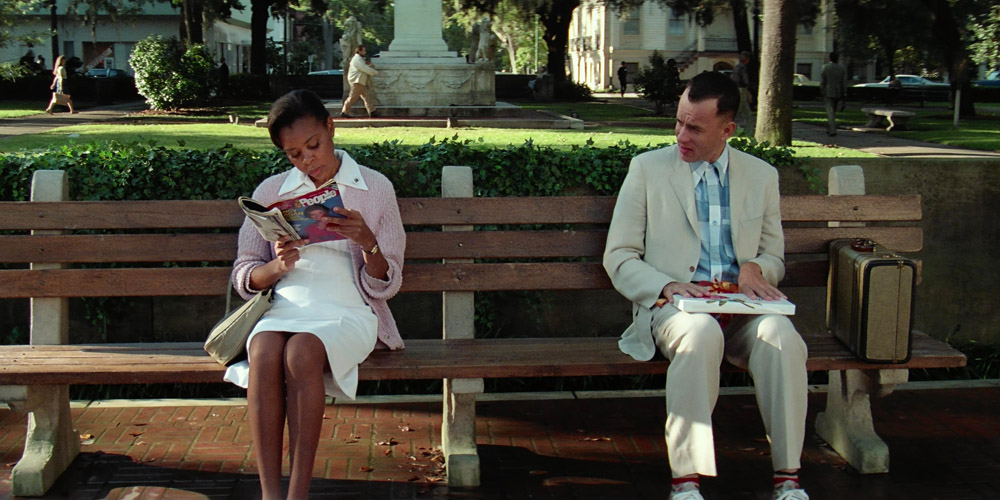
We are delighted to welcome VFX Editor Carin-Anne Strohmaier to introduce this cult classic, which celebrates its 25th anniversary this year. Forrest Gump was highly praised for its visual effects and Carin-Anne was a key player in the film’s post-production process.

Effie Gray (2014)
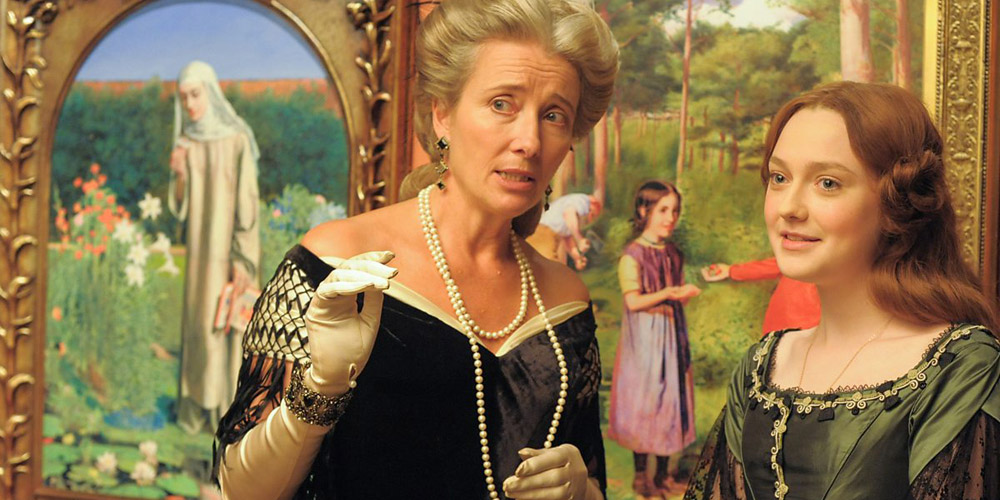
The true story of Effie Gray deals with a right we should now take for granted: the right to enjoy a happy marriage, free from emotional and physical abuse. Although divorce was not illegal in 19th century Victorian society, it was definitely ‘frowned upon’, and the burden of blame often fell upon women.
The film follows Effie Gray through her lonely marriage and, ultimately, her fight for a better life. The film was written by the talented Emma Thompson, and her authentic storytelling shines a spotlight on one woman’s struggle for the right to be happy.

A League of Their Own (1992)
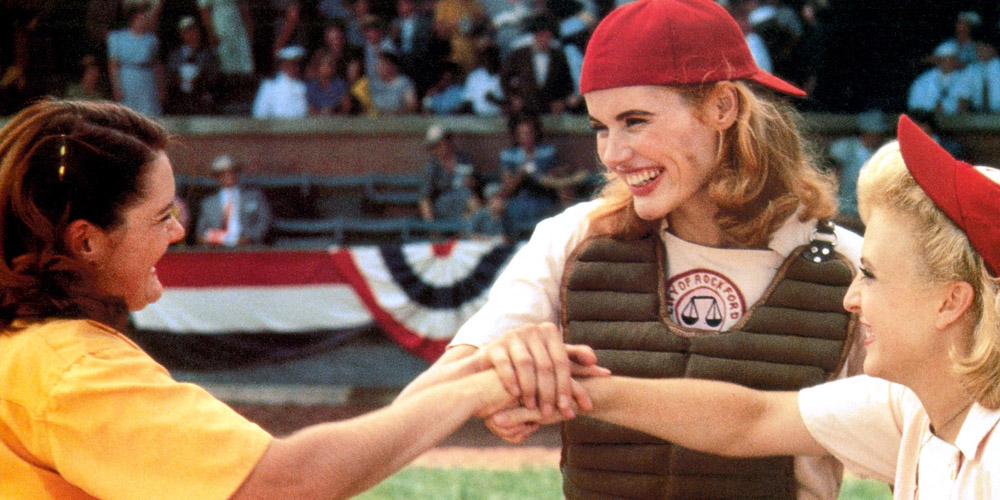
Penny Marshall’s contributions to the female-helmed film canon include 1988’s Big, the first film directed by a woman to gross over $100m at the box office. She was then nominated for an Academy Award for Awakenings a few years later.
Marshall’s success continued with A League of Their Own, praised for its brilliant female performances including turns from Geena Davis, Lori Petty, Rosie O’Donnell and Madonna.

Pillow Talk (1959) & Love Me or Leave Me (1955)
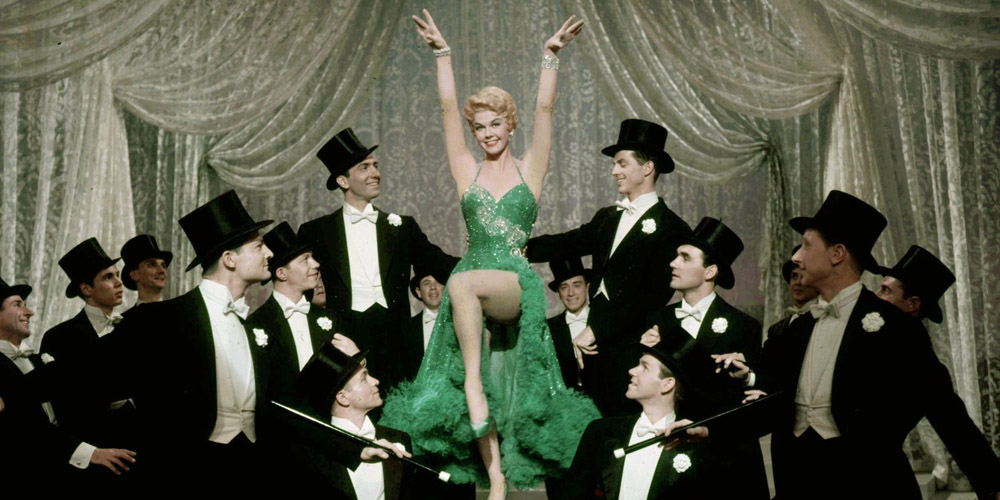
Doris Day’s film career began during the latter part of the Golden Age of Hollywood, and she became one of the biggest film stars of the early 1960s. Day may be best remembered as the archetypal ‘girl next door’ but her roles had layers of depth, depicting characters that expressed the many dimensions of female life.
For more on Doris Day, read Samira Ahmed’s guest post about the star’s cinematic legacy.

Widescreen Weekend 2019 takes place between 10 and 13 October 2019. Visit our website to explore the full Widescreen Weekend programme or read more about Women in Widescreen. Why not continue the conversation on social media with #womeninwidescreen?
WHY ARE YOU SCREENING SO FEW PRINTS IN 70mm
OR IN CINERAMA -THIS WAS WHY THE FESTIVAL WAS FOUNDED AND YOUR CINEMA IS ONE OF THE FEW IN THE UK ABLE TO SCREEN 70mm
Hi Phillip, thank you for your comment. Unfortunately, many archives, especially international archives, will no longer loan out 70mm prints in an effort to preserve them. Many prints that are available are in extremely poor condition. This has meant that it has become increasingly difficult to secure 70mm prints for Widescreen Weekend. However, we are slowly seeing distributors striking new prints, so hopefully this issue will start to get better. Hope this helps!